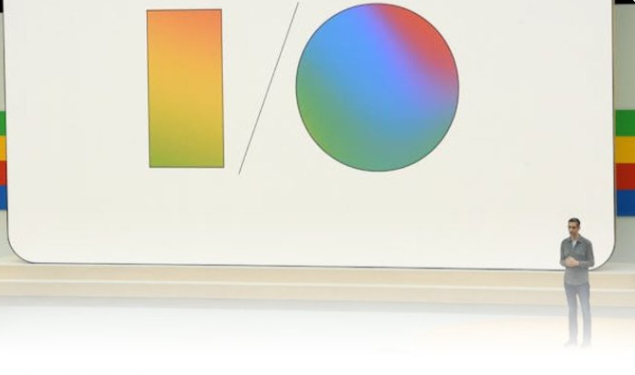Google Unveils AI Development Agent to Streamline Software Workflows
Google is making waves in the developer community with its upcoming "Software Development Lifecycle AI Agent," a comprehensive tool designed to revolutionize how engineers work. Slated for integration with the Gemini ecosystem, this digital assistant aims to become an around-the-clock coding companion.

Full-Cycle Development Support
The agent leverages Gemini 2.5's advanced reasoning capabilities to provide end-to-end assistance:
- Smart Task Management: Automatically breaks down product requirements into actionable development plans
- Code Generation: Creates optimized code snippets while identifying potential vulnerabilities
- Automated Documentation: Produces technical write-ups and API descriptions meeting industry standards
- Debugging Assistant: Pinpoints errors and suggests fixes to accelerate troubleshooting
Early demonstrations have impressed developers with its multi-file editing prowess and contextual awareness. Many see it as a potential game-changer for handling tedious tasks and improving cross-team collaboration.
Technical Foundations
The system builds on Gemini 2.5 Pro's enhanced reasoning and multimodal processing, supported by Google Cloud's Vertex AI infrastructure. Developers may access it through Google AI Studio or Gemini Code Assist interfaces within popular IDEs like VS Code and JetBrains.
Recent showcases at Google Cloud Next 2025 highlighted similar agent capabilities, including Jules for GitHub issue resolution and a Data Science Agent that completes analyses in minutes. The tool supports 140 languages (including Chinese) and handles massive codebases through its million-token context window.
Market Implications
The launch comes amid fierce competition in AI development tools. While GitHub Copilot offers private repository customization and JetBrains emphasizes IDE integration, Google differentiates itself with:
- Multimodal task handling (simultaneous code/doc generation)
- Enterprise-grade security (SOC2 compliance)
- Cloud-native architecture
However, questions remain about real-world performance accuracy compared to marketing claims. IDC research suggests such tools could potentially double developers' productive coding time from 16% to over 30% of their workday.
Future Prospects
The agent may debut expanded features at Google I/O 2025 (May 20), potentially including private repository support and deeper Google Cloud integration. Long-term plans might extend its capabilities to maintenance tasks like automated patching and performance optimization.
The success of this ambitious project hinges on overcoming deployment challenges and building developer trust—particularly for teams working outside Android ecosystems.
Key Points
- Google's new AI agent automates coding, documentation, and debugging workflows
- Integrates with Gemini ecosystem and supports major development environments
- Aims to triple developer efficiency by handling repetitive tasks
- Faces competition from GitHub Copilot and JetBrains AI Assistant
- Potential debut of expanded features at Google I/O 2025